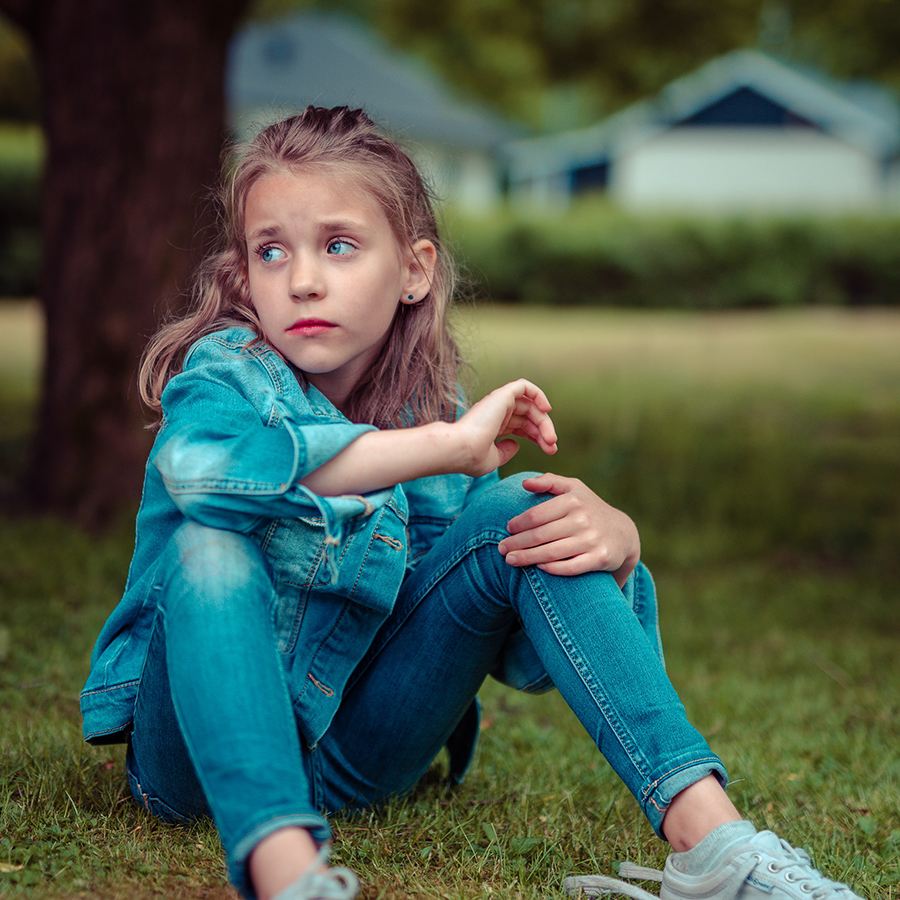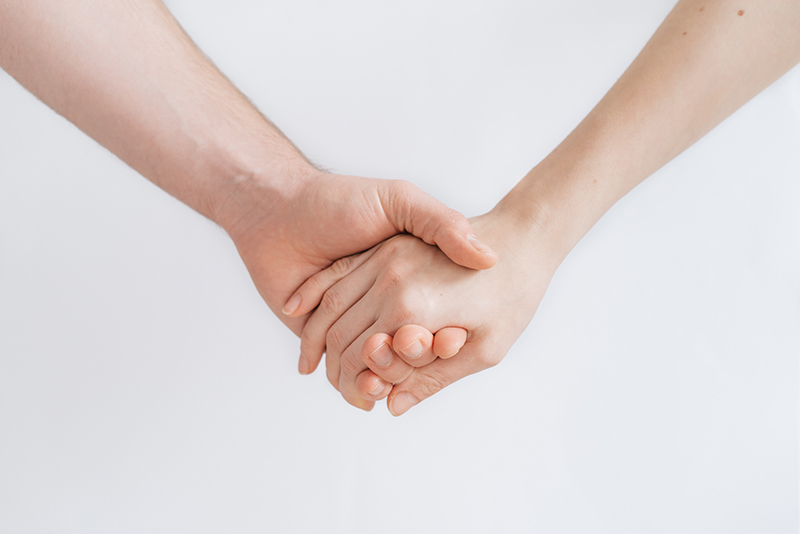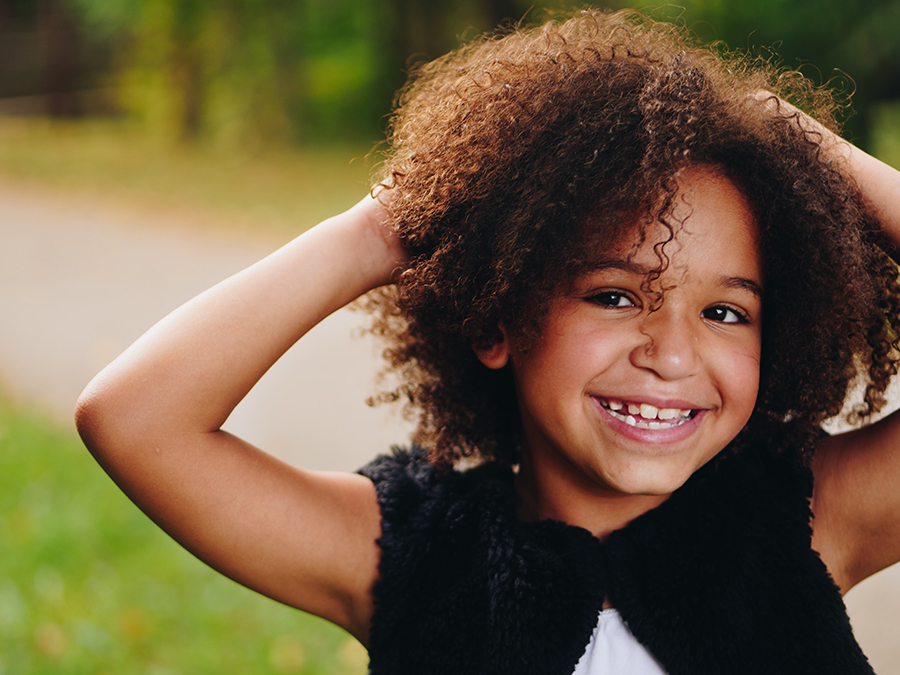
Children and young people
If you are a parent or carer referring your child or young person, I can offer a range of ways to help. I have three years of additional training and education specialising in counselling children with Autism, behavioural issues both in and out of schools and parental/ carers’ homes.
The first step is meeting with the child or young person (ageing from 5 to 18). After an initial parent consultation by telephone, where we will discuss goals and develop a treatment plan, I will work to build a relationship with the child or young person in a safe and confidential setting.
We will build on the therapeutic relationship through mutual trust, personal autonomy, and creative techniques.
Some of the most successful techniques I use with children and young people include cognitive behavioural therapy (CBT), psychotherapy and person-centred therapy.
Let's Talk!Cognitive behavioural therapy (CBT)
What is CBT for children and young people?
CBT stands for Cognitive Behavioural Therapy. It involves a structured approach to solving problems and setting goals over a specified number of sessions (this can vary depending on the number of goals). It can help children and young people aged between 5 and 21.
SCBT does not necessarily explore the past, instead it tries to identify patterns of negative thinking. It is believed that difficult emotions such as anxiety or depression are caused by unhelpful thinking - the idea is to change the thinking and change the emotions. Techniques could include:
- Questioning and testing unrealistic assumptions, thoughts beliefs that may produce uncomfortable emotions.
- Keeping a diary of significant events and associated feelings
- Gradually facing the fear stimulus
- Relaxation and mindfulness techniques
How can CBT help?
CBT gives the child or young person tools which enable them to take back control and empower themselves. They will be taught skills that help them to see things from different perspectives and change their focus.
By changing the way the child or young person sees things, it can change their behaviours, and reduce anxiety for example.


Psychotherapy
What is psychotherapy?
Psychotherapy is a powerful technique that can support the child or young person to heal from difficult experiences, including bereavement and loss.
It can be difficult for children and young people to open up about their feelings, which is why I use specialist techniques to enter their world.
Psychotherapy with children, young people and their families is not the same as therapy with adults. It requires specialist skills and knowledge, which I have successfully delivered to many clients over the years.
How can psychotherapy help?
Psychotherapy can help children and young people to make sense of their emotions and what they are experiencing. It can help them to feel less distressed, become more self-aware, heal and develop resilience.
Person-centred therapy
What is person-centred therapy?
This is a way of working with young people to help them to develop a theory called ‘Unconditional Positive Regard’. This works on what you believe to be true, and what you believe to be happening to you. Often these are unconscious thoughts that I bring to the surface and work on. Children learn through unconditional acceptance and understanding.
How can it help?
A major goal of person-centred therapy is to provide safety and trust in the therapeutic setting so that the young person will use this relationship for self-exploration. We will also help young people in exploring their strengths and identity.
This can normally take between 6 to 24 sessions, and this is always reviewed.
This will enable the young person to achieve independence in coping with their challenges and facilitating personal development.


